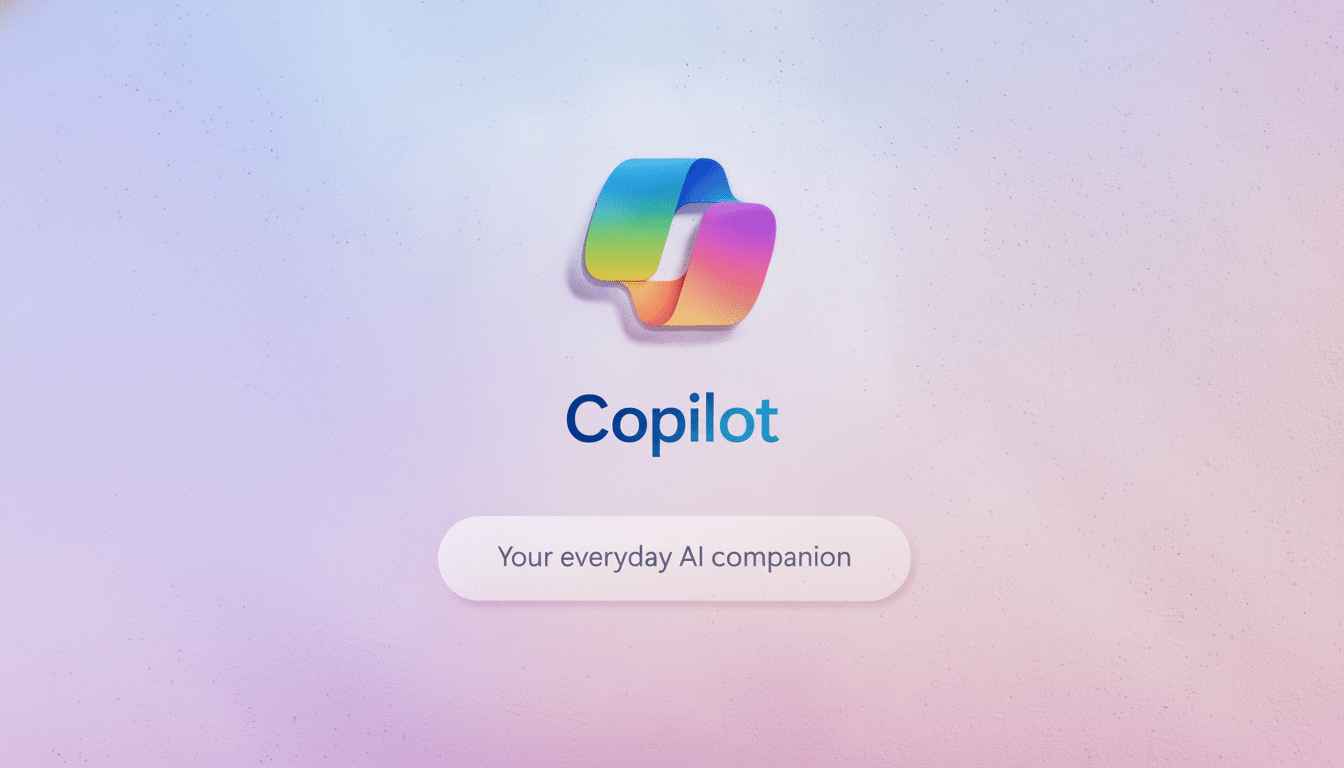Microsoft’s Windows chief has mused publicly about a future in which the operating system is — gulp! — “agentic,” and much of the internet immediately recoiled. Pavan Davuluri had teased a Windows that automatically works apps, cloud, and devices together; responses on X crystallized around a crude theme: do not turn the desktop into an intrusive AI butler.
The reaction wasn’t subtle. Power users, enterprise admins, and everyday PC owners expressed a common concern: more embedded AI means more noise, more tracking, and less control — particularly when there have been missteps with AI features that were introduced before the trust was earned.

What Microsoft Means by an Agentic Windows OS
In AI parlance, “agentic” refers to systems with the ability to plan and carry out multi‑step tasks on behalf of a user. Think of a Copilot that not only drafts a message but files attachments, updates a spreadsheet, books a meeting, and syncs notes across devices — all with minimal prodding.
For Windows, that probably means tighter integration with the file system, notifications, calendars, and cloud services, and also on-device acceleration using NPUs in so-called AI PCs. Microsoft has already experimented with Copilot, background recall of user activity, and cross‑device handoffs. The latter is the next level up: the operating system as an orchestrator, rather than just a launcher.
Why Users Are Revolting Against Agentic Windows
Windows carries a trust deficit. Years of Start menu ads, pushy default nudges, and pre-installed software have done all they can to ensure users are wary of “smart” additions. After the company previewed a timeline‑style recall feature in 2024, fallout over privacy and security was bad enough that it delayed, retooled to make the feature opt‑in, and added tighter safeguards.
That history accounts for the reflexive skepticism. People hear “agentic” and think pop-ups, overreach, and opaque data collection baked into their daily workflow. As Windows runs on about 72 percent of desktop computers worldwide, by StatCounter’s accounting, any change in default behavior can spread through homes and classrooms and IT fleets at enormous scale.
Privacy and Security Questions for Agentic Windows
Agentic systems pose real-world hazards beyond vibes. An OS‑level agent with rich permissions increases the blast radius of errors, prompt‑injection attacks, or data leakage. Even Microsoft’s own security teams have noted that generative AI agents can be tricked by bad content into giving away sensitive information or making false statements of intention.
Regulators are already watching. When Windows’ recall function emerged, the UK Information Commissioner’s Office issued a public call for details about such safeguards. Any attempt to make Windows more self-contained would also be measured against data minimization, purpose limitation, and clear consent — the very same yardsticks used by privacy authorities at home or abroad.

There’s a checklist for safe autonomy, and it includes:
- Explicit, per‑capability permissions
- Human adopter confirmation for high‑impact steps
- Auditable logs
- Sandboxed execution
- Robust local processing — either in cycles or learning from its experience — for rapid response to problems (10 ms ± 98th percentile)
- No fault tolerance mechanisms when not meeting “safe” reliability metrics, except alerting a human at all times without exception
- Visible kill switch if there’s any doubt about trustworthiness of software or hardware anymore, plus enterprise policy controls
Without those, “agentic” can sound a lot like “unaccountable.”
What It Means for the Windows Ecosystem and Apps
Hardware OEMs are rolling the dice on AI PCs featuring dedicated NPUs, a trend that analysts at IDC and Gartner expect to pick up. Such an agentic Windows could give those chips compelling, everyday jobs — continuous summarization, real‑time translation, and workflow automation all running locally to keep data private and reduce latency.
Developers will have new APIs to allow apps to promote the abilities an OS agent can chain through. That both provides opportunity and cultivates fragmentation: terrific if standardized and transparent, but a nightmare if it turns into a morass of prompts, permissions, and paywalls. For IT, the calculus will be about manageability — can admins programmatically turn off, scope, and audit agent behavior at scale?
The Messaging Problem Facing Microsoft and Windows
If the idea was to persuade, the wording didn’t do it any favors. “Agentic OS” sounds like it was read straight off a pitch deck, not written in order to promise us all calmer computing. The reaction from the internet shows that Microsoft will need to show restraint: start with opt-in pilots, demonstrate measurable productivity gains, and publish independent security assessments before flipping any defaults.
There is a road where autonomy feels right — when the OS secretly trims time spent on drudgery and never goes anywhere without your explicit permission. But there is an onus of proof on the platform owner. So long as Microsoft hasn’t made it clear that agency rests with the user, not the OS, expect pushback to be part of that equation.

